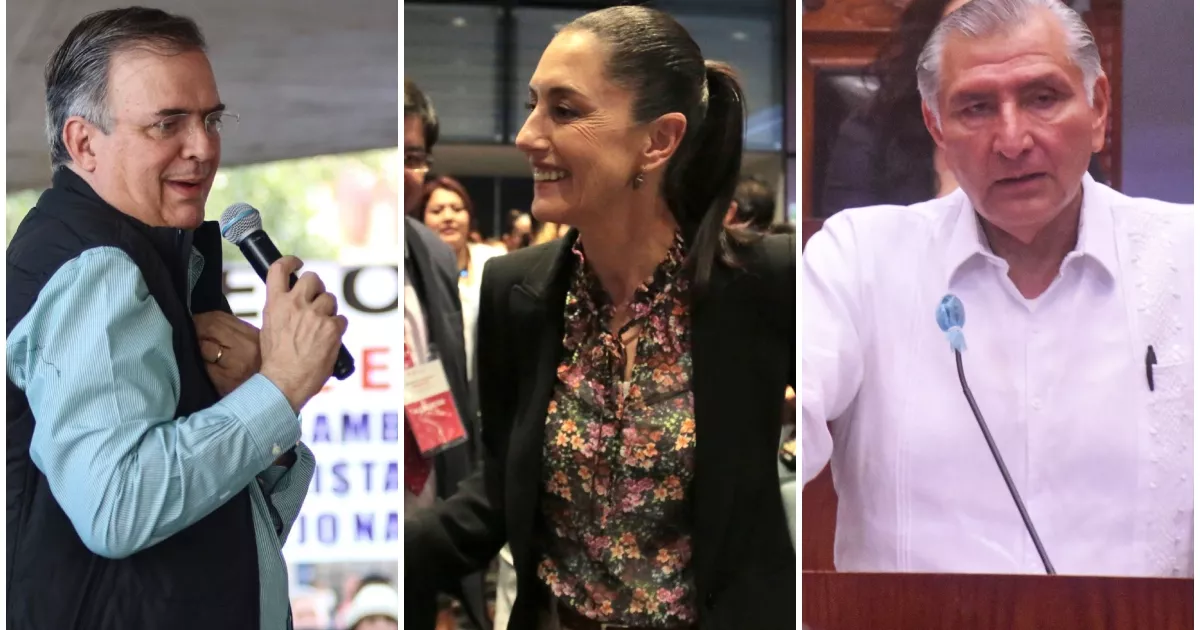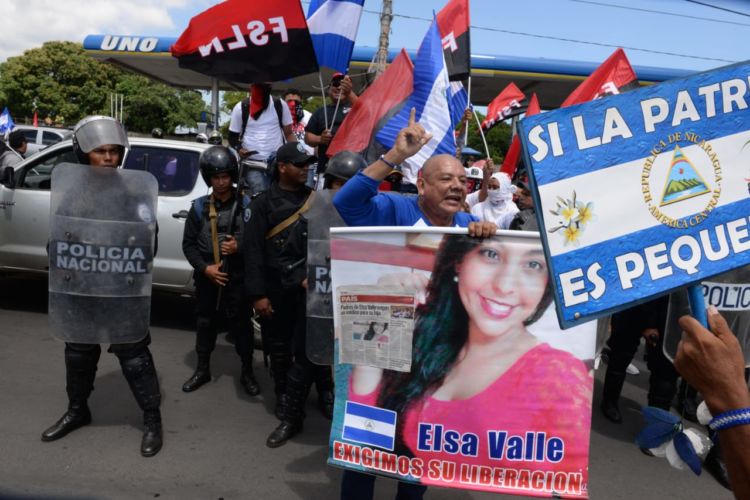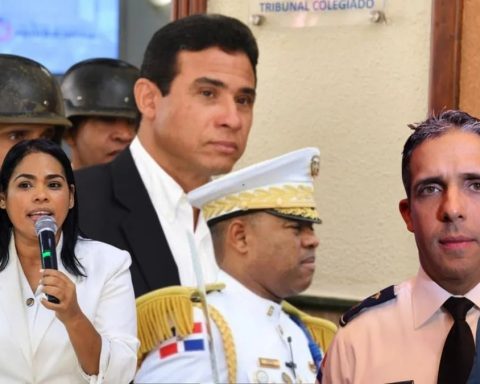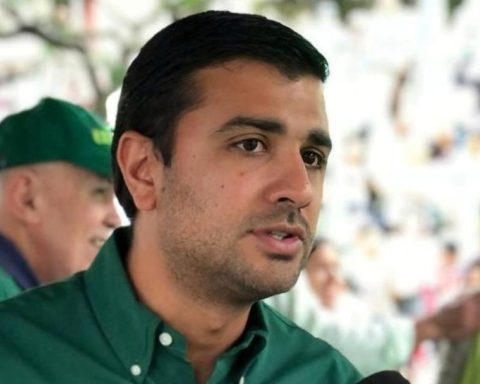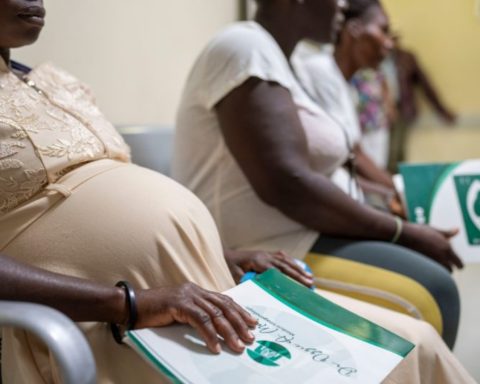As if it were a legacy, almost all the presidents of the Republic have promoted a electoral reform. Andres Manuel Lopez Obrador was no exception and presented his proposal to modify the structure of the National Electoral Institute, representation in the legislature, and to “lower” the cost of democracy, among others.
Changes to electoral legislation used to undergo their “litmus test” in intermediate elections, however, if the one promoted by the president is approved, it would be in the presidential election that the modifications be implemented, so the head of the City government of Mexico, Sheinbaum, Foreign Minister Ebrard, the Secretary of the Interior, Adán Augusto, or whoever is elected, would compete under the new ones.
“Marcelo Ebrard, Claudia Sheinbaum and Adán Augusto are publicly ingratiating themselves with what the president says. If the president has as high an approval rating as the one he has, of course it is very comfortable to accompany the speech with what he criticizes or supports,” says José Antonio Carrera Barroso, a specialist in electoral systems and a professor at the Autonomous University of Mexico, about the support that the “corcholatas” have shown.
The electoral experts consulted explain that if the reform is approved, some of the modifications would give advantages to the “corcholatas” against their opponents. For example, in public financing.
The reform proposal establishes that there would only be public resources to finance federal electoral campaigns, that is, there would only be public money every three and six years and the amounts would be decided with a new formula.
“The matter of resources would not affect them because the party in government always has more resources to influence directly or indirectly, it is an advantage that the governments in turn have. Whether it was Marcelo, Claudia or Adán, they would be the government candidates and would enjoy the benefits that being candidates of the government party gives them,” says Barrientos del Monte.
